WASHINGTON, D.C. — In a move that could dramatically affect access to healthcare for thousands, Mayor Muriel Bowser’s proposed fiscal year 2026 budget includes sweeping changes to Medicaid eligibility requirements in the District. If the D.C. Council approves the proposal, more than 25,000 low-income residents may be removed from the Medicaid program and required to find alternative health coverage.
Medicaid Costs Prompt Difficult Budget Decisions
The proposed cuts are part of a broader effort to curb a sharp rise in Medicaid expenditures. According to Wayne Turnage, Deputy Mayor for Health and Human Services, the cost of Medicaid in D.C. is rising much faster than the city’s revenue, creating an unsustainable financial path.
“We also have to deal with the fact that Medicaid is growing at a substantially faster clip than the city’s revenues,” Turnage said during a budget presentation on Tuesday.
The District is preparing for an estimated $182 million increase in Medicaid expenses. To manage this, the budget suggests tightening eligibility, specifically targeting childless adults and adult caregivers whose income is 138% of the federal poverty level (FPL) or higher.
If approved, this change would make approximately 25,575 residents ineligible for the city’s Medicaid program, which is jointly funded by the city and federal government.
Who Will Be Affected — And What Comes Next?
The people most affected by the proposed changes include working-class adults without children, and caregivers whose income places them just above the federal poverty threshold — many of whom rely on Medicaid to afford basic health services, prescriptions, and preventive care.
“When you have such cost inflation, the most pragmatic way to control costs in an entitlement program is to slow spending by reducing the number of people in the program,” Turnage explained.
However, the city says it will not leave these individuals without options. The administration plans to assist affected residents in transitioning to alternative insurance options such as:
-
D.C. Health Exchange plans, which operate under the Affordable Care Act.
-
The Basic Health Program, a low-cost alternative designed for individuals with lower incomes.
While these plans may offer similar coverage, residents may have to pay monthly premiums — a shift that could be financially burdensome for many. Turnage noted that some federal subsidies may be available to help offset these costs, especially for those moving to the health exchange.
“We avoid any local costs, and roughly the same coverage could be possibly available,” Turnage added.
A Budget Reflecting Hard Fiscal Realities
Mayor Bowser defended the Medicaid changes, emphasizing the broader budget challenges the city is facing. With a projected $1 billion revenue shortfall over the coming years, largely due to federal workforce reductions and declining commercial property values, city leaders say tough decisions are unavoidable.
“We think that we will be getting into an unsustainable decision-making loop of, ‘I don’t want to make hard choices,’” Bowser said, urging the need for financial discipline.
Next Steps: Council Review and Public Debate
The proposal is expected to face intense scrutiny from the D.C. Council, healthcare advocates, and affected residents. The council will deliberate on the proposed changes as part of its review of the full 2026 budget and is expected to vote by early August.
Public health experts and advocacy groups are already expressing concern that the policy could widen healthcare disparities and place unnecessary burdens on residents already living paycheck to paycheck.
As the budget process unfolds, the fate of over 25,000 residents’ access to affordable healthcare now hangs in the balance — raising critical questions about equity, fiscal responsibility, and the role of government in ensuring healthcare for all.

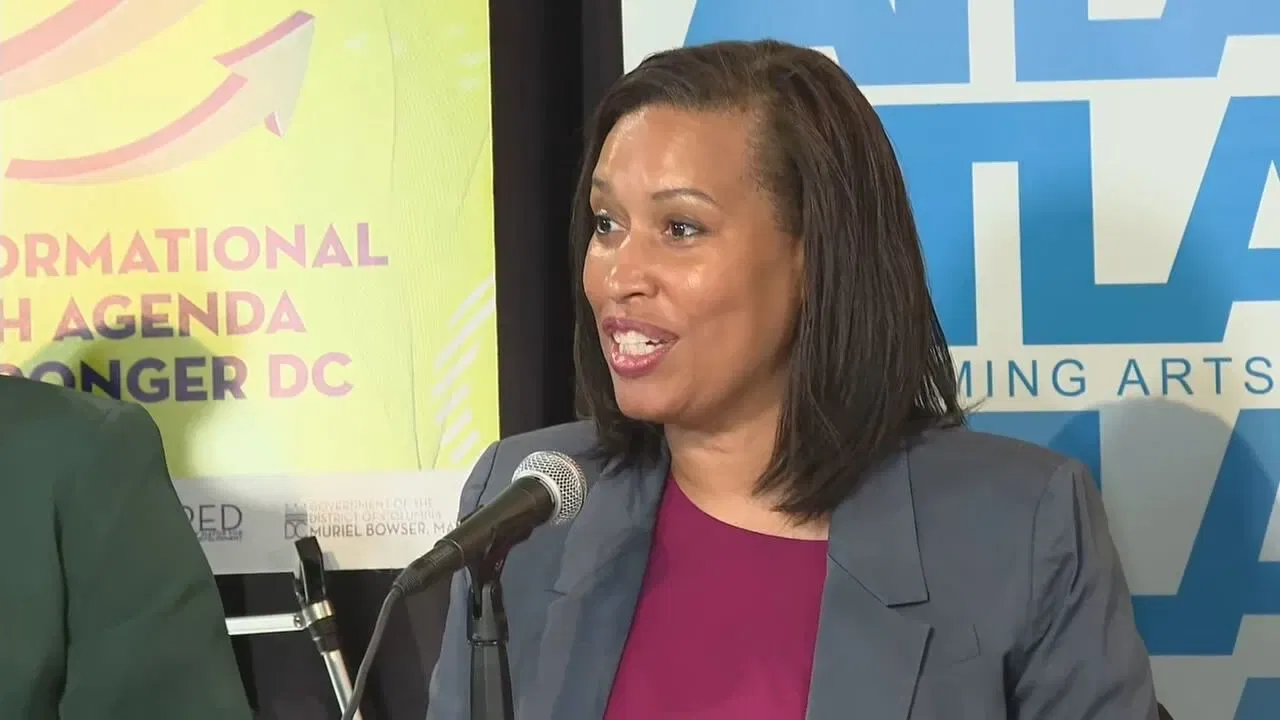
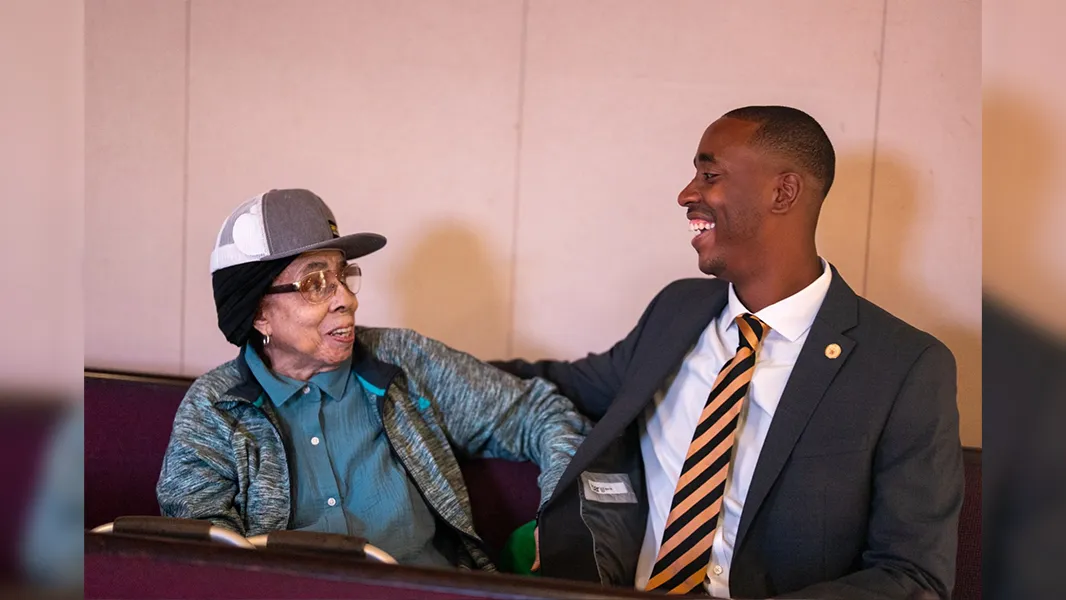

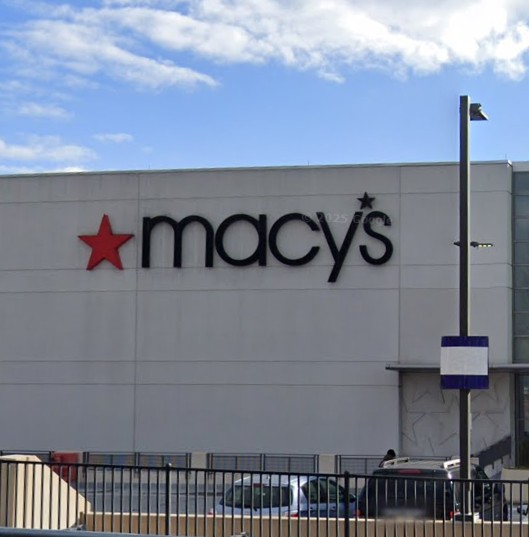
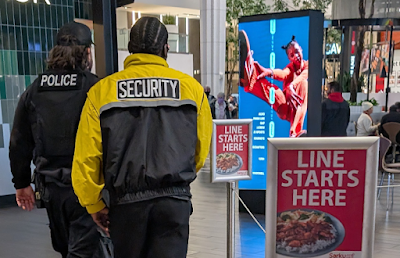
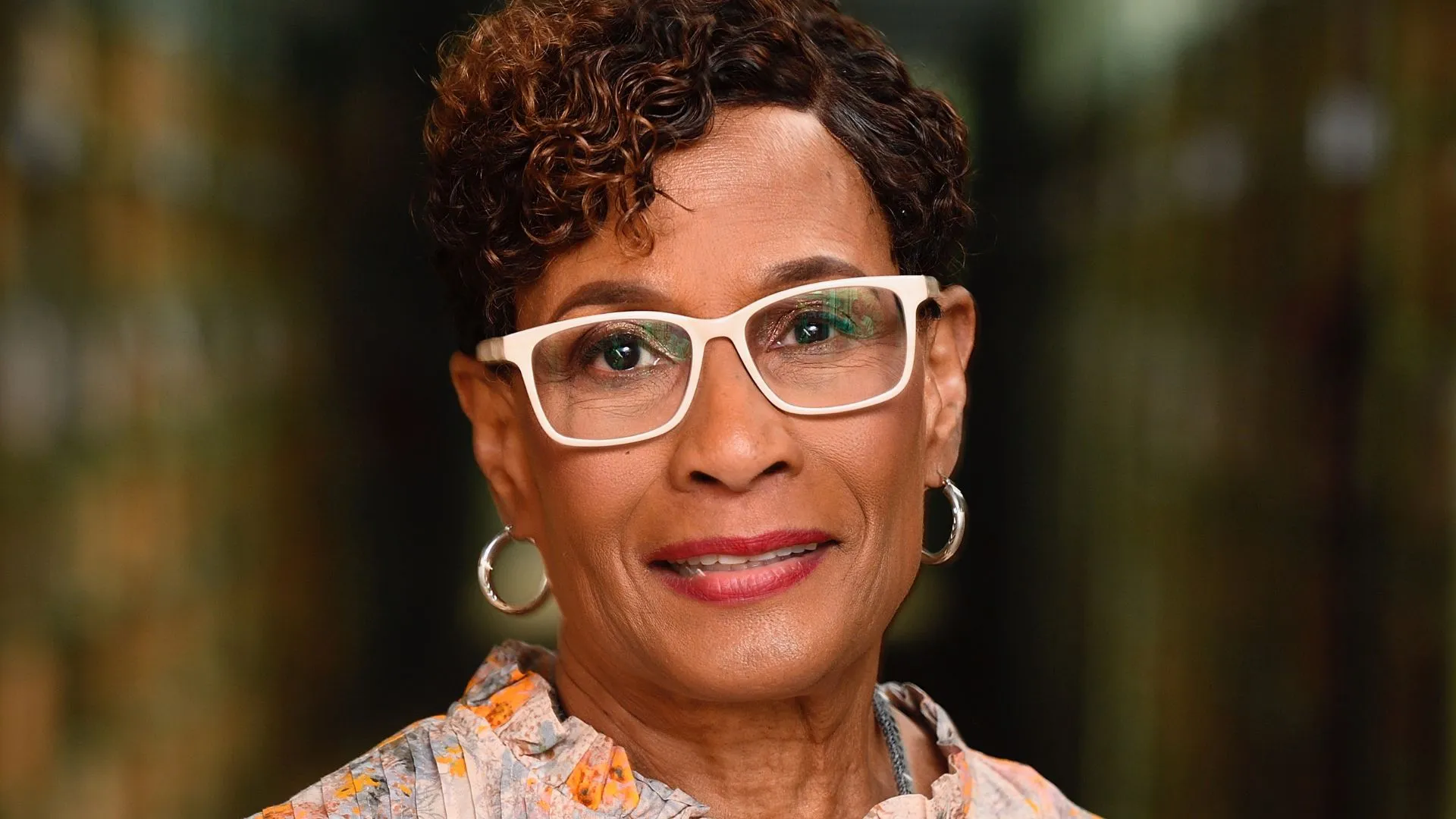

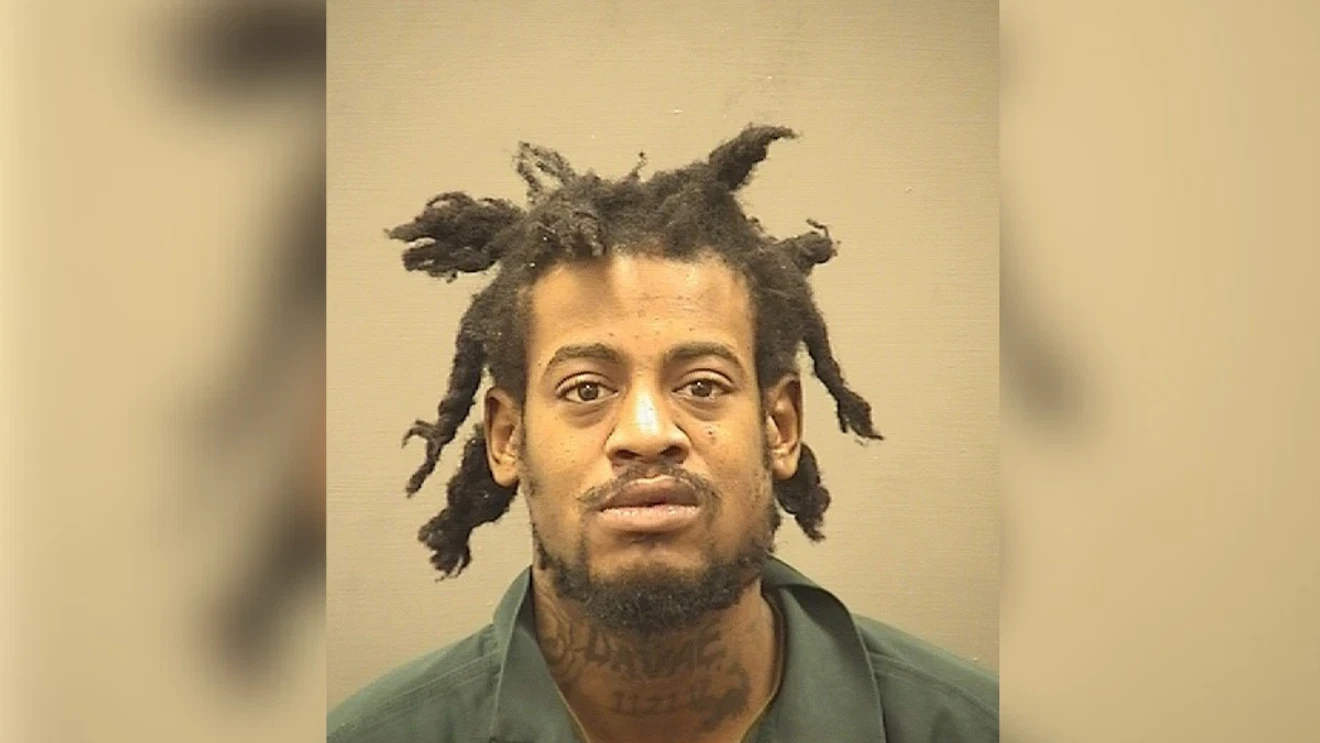
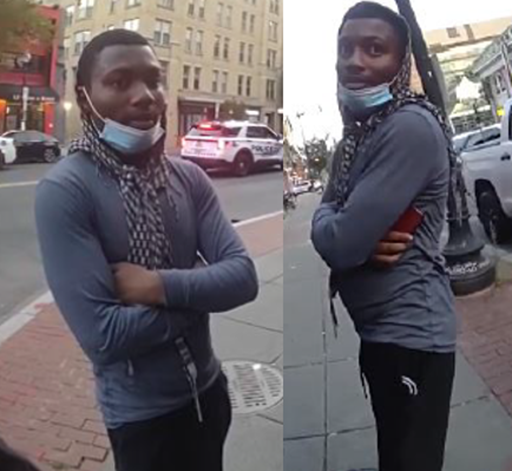
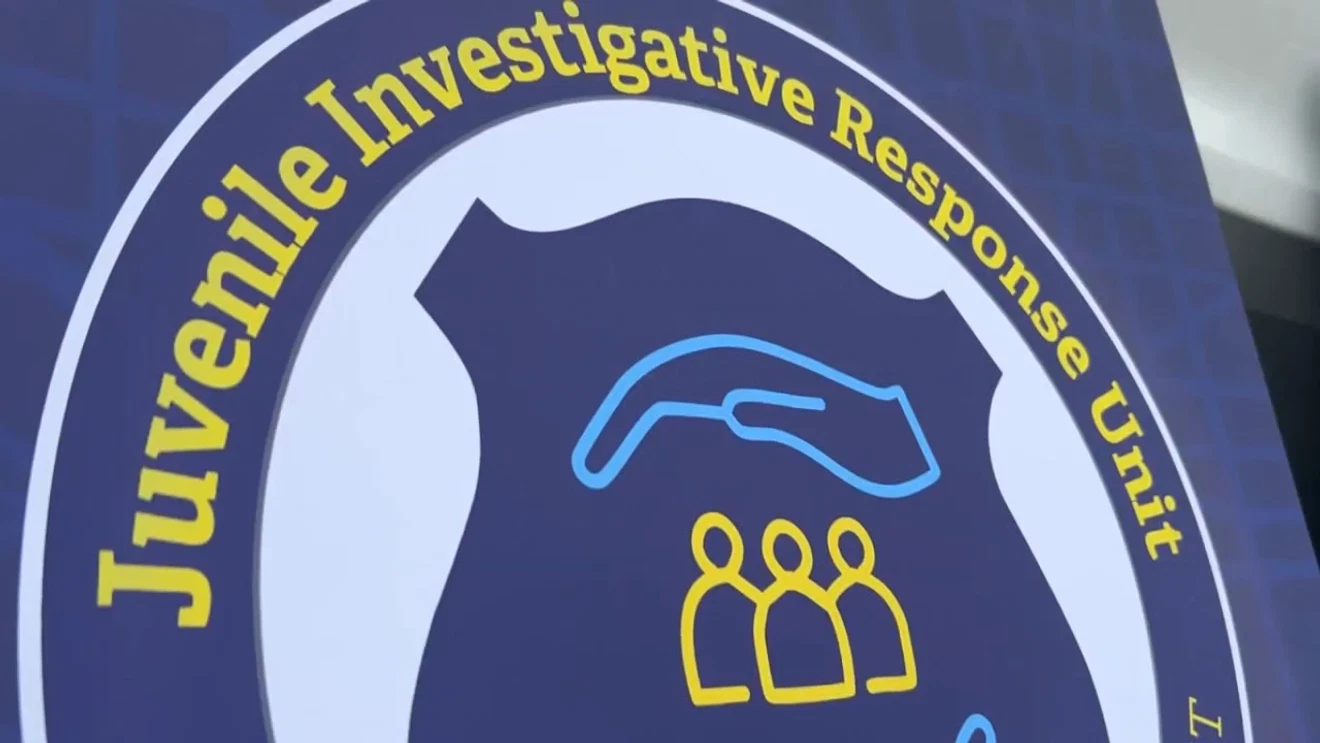
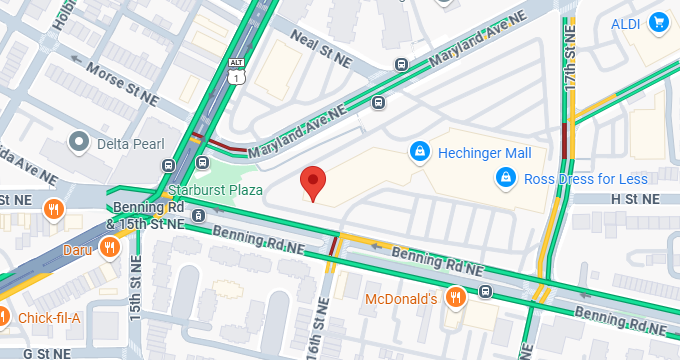
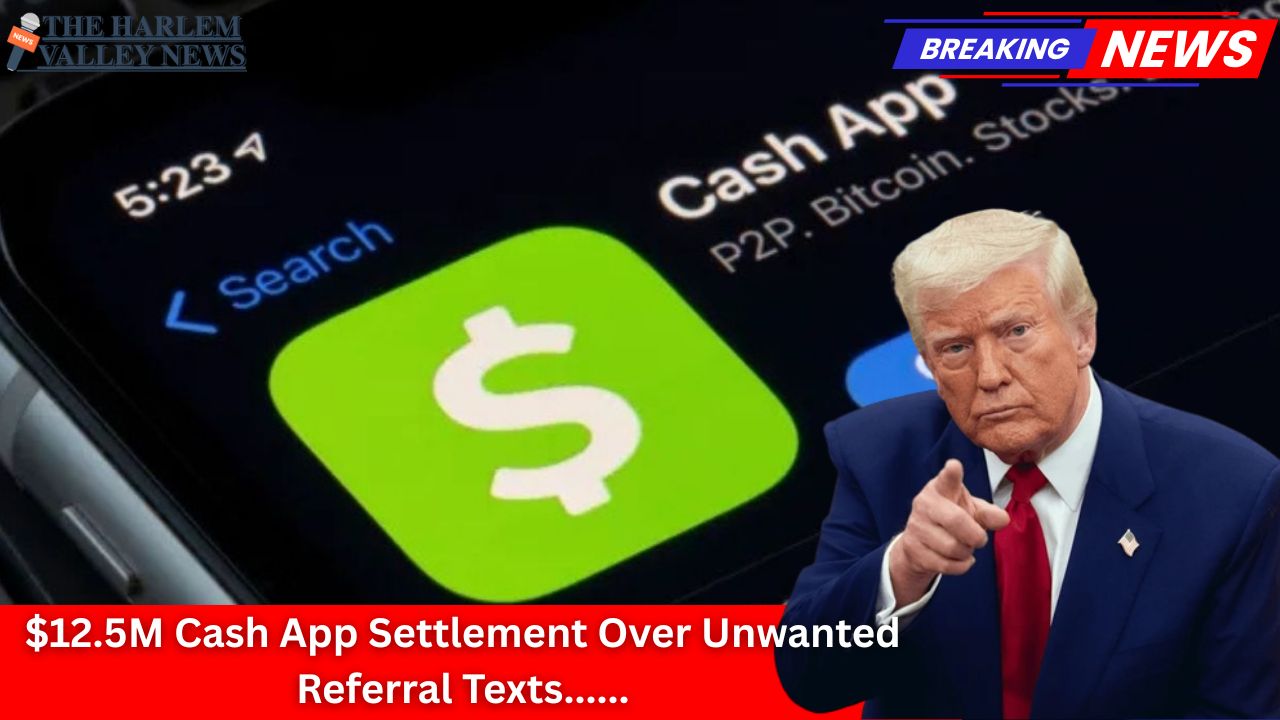
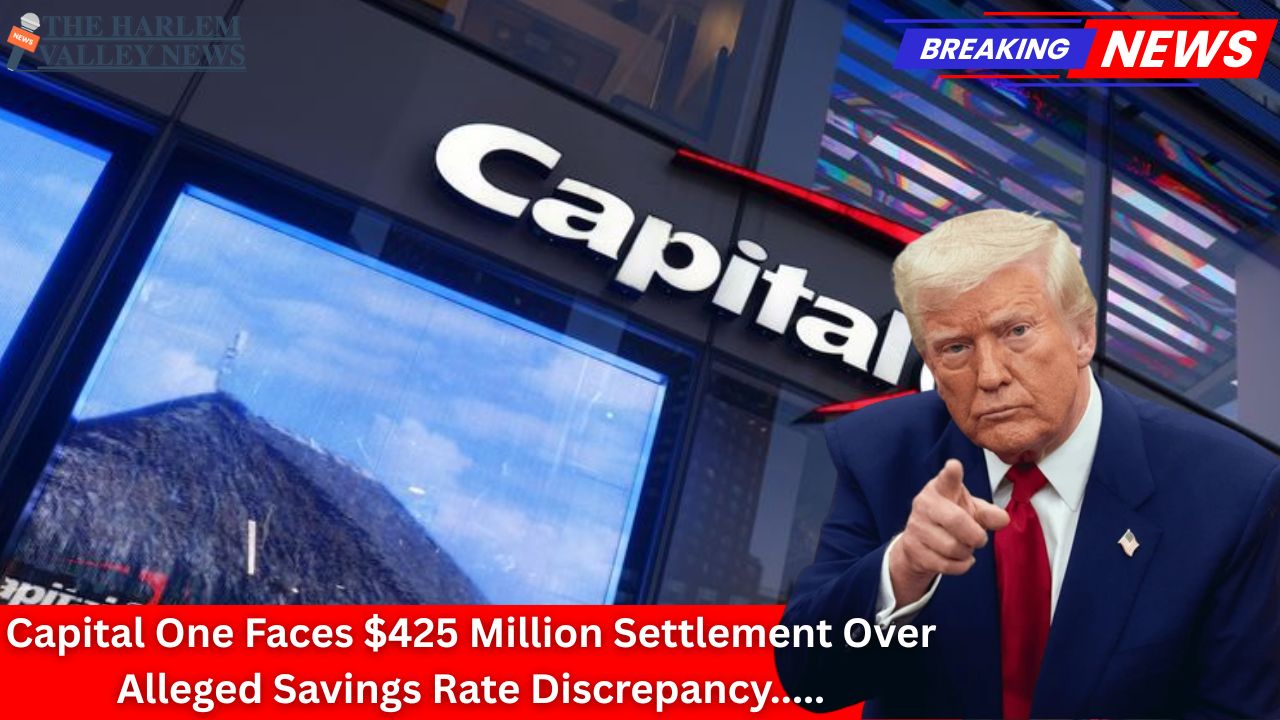

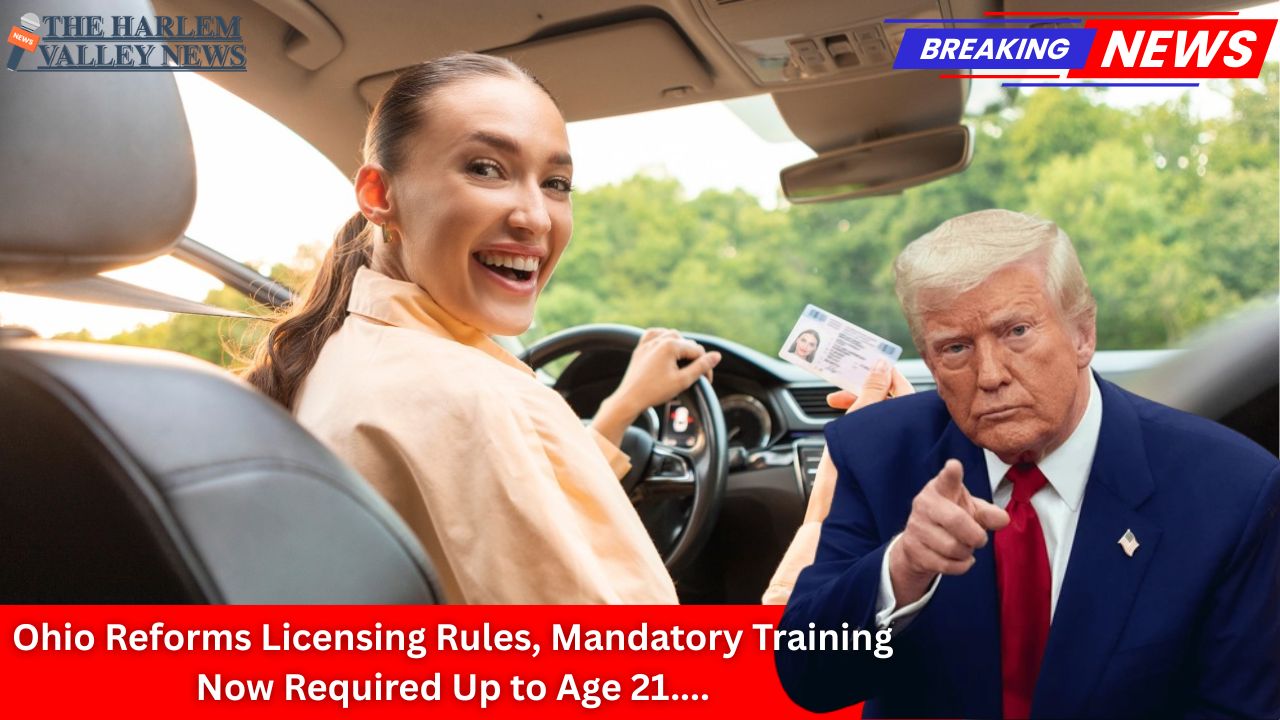
Leave a Reply